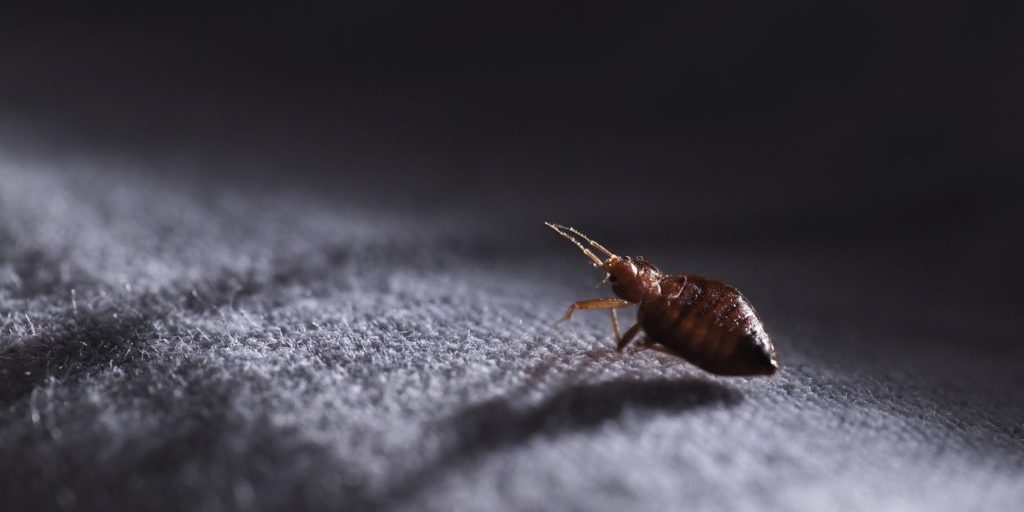Fleas are the parasites which are most likely to bother our pets. And, as the temperature in North Queensland rises it is also heading toward peak flea breeding season, which means the number of infestations is going to increase just like the barometer. So, to help you take control of these annoying pests this summer, let’s bust some common flea myths.
- Treating pets is enough to kill the fleas in my home
This is one of the most common flea myths. Treating your pets is a good start but is not enough to fix the whole problem. Considering that only about 5% of fleas are found on your pets it makes sense that the remainder of the pests are found in your environment.
Flea and tick eggs can remain dormant for years in the home or in your backyard soil before hatching. Usually, it takes something as simple as a home renovation or really dry weather to stir up the dust which causes the eggs to hatch.
- Fleas are passed dog-to-dog
While this is possible, it is more likely that your dog contracted the fleas from their environment. This means that dogs do not have to come into contact with another dog to get fleas. Nor, do they have to leave the backyard for them to get fleas. This is why we always recommend treating the environment, as well as the dog, when you notice the scratching starting.
- A female flea only lays about 50 eggs
Usually, a female flea lays approximately 50 eggs … a day. Here is the even scarier truth: one single female flea can lay up to 2000 eggs in her lifetime! No wonder an infestation is hard to get rid of with this many eggs just laying around waiting to hatch.
- You don’t need to treat inside the home.
If you have a pet who is regularly inside the house, then you MUST include the interior of your home when considering treatment. This includes treating the furniture and carpet.
Even if your pet doesn’t go inside too often, it is still worth treating the interior of the home as the fleas can travel on your body. And, don’t forget fleas jump up to 33cm at a time, so can make small work of travelling indoors, even up through your floorboards!
- Fleas have a short lifecycle
This is another partial truth. A flea’s full life cycle is usually 21 days. But, that doesn’t mean they die of old age when they hit 21 days old. It means that their cycle from egg to full adult usually takes 21 days. However, the environment dramatically impacts on a flea’s lifecycle. Humid climates can speed up the process. And, as we said, eggs can lay dormant in the soil for a very long time until the conditions are right for hatching.
So, with these five myths busted, it’s easy to see why fleas are hard to eradicate. Fortunately for you, Integrity Pest Control has a revolutionary treatment which targets the newly hatched fleas and cuts them down during their growth period, essentially killing them before they can breed. This treatment is ideal for stopping your flea infestation.
To find out more, contact us.

